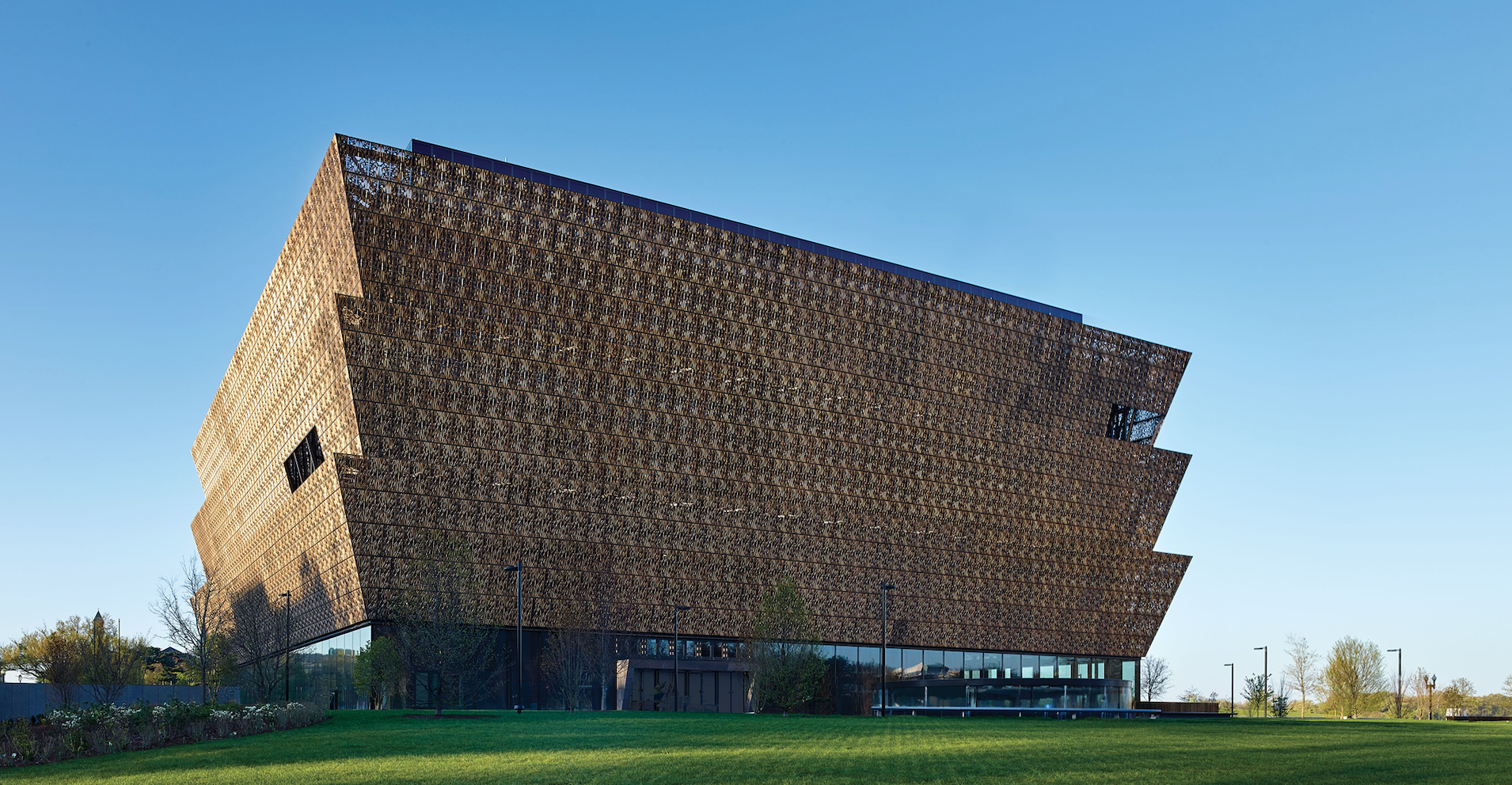Black history unfolds and should be honored every day of the year. But as February officially marks Black History Month, now is a good time to double down on your efforts to learn more about Black history and support Black activists, educators, artists, and more.
Before the COVID-19 pandemic, honoring Black History Month might have meant attending a lecture, going to a local museum, and participating in community events. While you can’t really attend physical events this year, there’s still an endless array of events online.
Here are four month-long, virtual events and series that you can engage with and support this month.
1. “Black People Tell Black History”
The activists and educators Ericka Hart and Ebony Donnley share vital insights and resources critiquing white supremacy, capitalism, and misogyny throughout the year and regularly create spaces for mutual aid.
For Black History Month, Hart and Donnley organized the “Black People Tell Black History” series. The graphic above has all the information you’ll need to follow along. Each day’s video will be uploaded to Hart’s Instagram page, so if you miss a day, you can always catch up when you have some free time. As the graphic notes, make sure you pay the artists and creators for their efforts.
2. National Museum of African American History and Culture

The National Museum of African American History and Culture will be hosting a range of events and opening up parts of their exhibit online to the public for Black History Month. The museum celebrates and explores Black history every month of the year, so February’s events don’t mark a significant departure for its curators. Nonetheless, you’ll be able to find dialogues, lectures, art lessons, and much more by brilliant thinkers, activists, and artists. Check out the events for the month here.
3. Google Arts & Culture's Black History Month Collection
Google’s Black History Month collection is an expansive look at the Black art, movements, activism, and much more that have shaped US and global history. The stylishly designed page allows viewers to branch out to hundreds of cultural institutions and archives for a deeper dive into Black history. You can read Dr. Martin Luther King Jr.’s original “I Have a Dream Speech,” examine work by the artist Kara Walker, and watch people read personal essays on topics ranging from “Black Nerds on Black Comics” to “Shameless Maya and Black Icons.”
 Dr. Martin Luther King Jr. acknowledges the crowd at the Lincoln Memorial for his "I Have a Dream" speech during the March on Washington on Aug. 28, 1963
Dr. Martin Luther King Jr. acknowledges the crowd at the Lincoln Memorial for his "I Have a Dream" speech during the March on Washington on Aug. 28, 1963
Dr. Martin Luther King Jr. acknowledges the crowd at the Lincoln Memorial for his "I Have a Dream" speech during the March on Washington on Aug. 28, 1963
4. Anti-Racism Daily’s "28 Days of Black History"
Curators Shanaé Burch and Camille Bethune-Brown are taking followers on a 28-day journey through Black “art, literature, and artifact.” Each day, the series will feature an introduction on a topic, discussion questions, and then anti-racism action items. You can sign up here.
BONUS: Find a Local Event Near You
There are countless ways to celebrate and honor Black History Month in your local community. While the COVID-19 pandemic has severely limited in-person gatherings, there are still ways you can gather with community members online. Form your own book club, check to see what local institutions are doing, and browse listings for online community events.